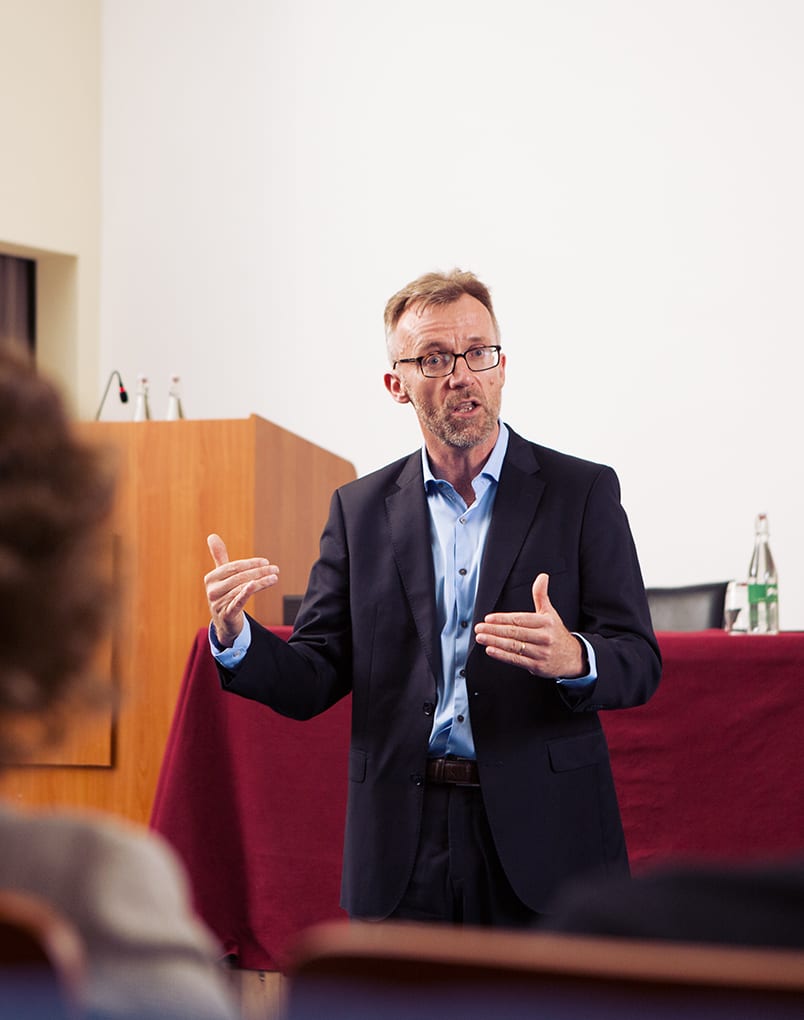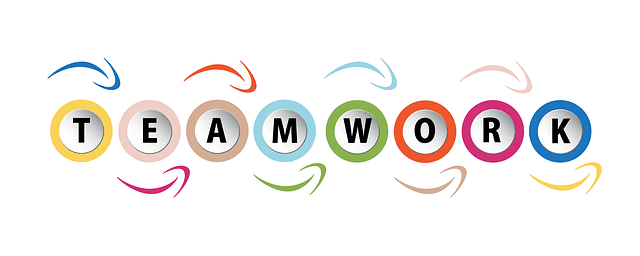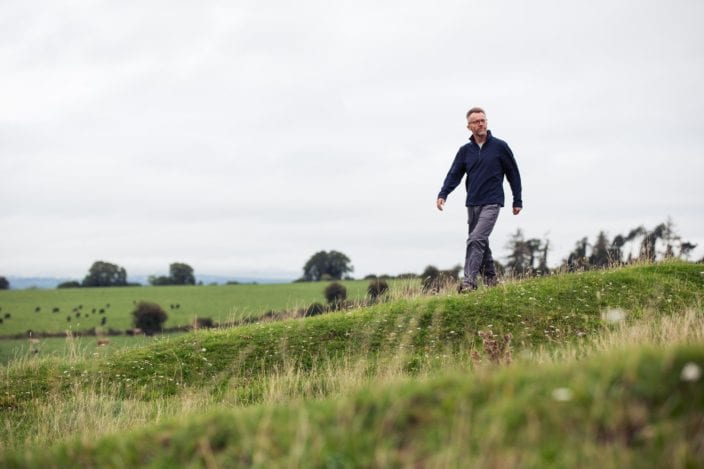Team Building
When your success depends on collective action and a shared sense of purpose you need to align and leverage the strengths within your team. Long term team performance is built on solid relationships and such relations are cultivated through practices of reflection and dialogue.
Our team building programme will support you and your team to make team building an ongoing part of your team management culture.
Contact Geoff to discuss further.

Team building is relevant when:
- When significant changes in the organisation’s context are emerging.
- Where support is needed for team transitions.
- Where specific teamworking skills require development.
- A response is required to address specific team-related challenges.
Team building format
A combination of team workshops supported by one-to-one executive coaching as required.
Structure
- Your team development questions
- Discovery meeting
- Pre-programme assessments and reports
- Team building dialogues
- Action planning
- Review
Contact Geoff to discuss further.

Team Building – A Better Way
You can only succeed and accomplish things through collective action, built on a common purpose. Rather than having a common purpose, some teams have a common boss, common problems, or a common job title; guaranteed to undermine team bonding and to create individual agendas. In these contexts, much of what passes for team bonding interventions are a mask for a leadership failure.
Team building before problem solving
Managers tend to be problem focused. What is the situation? What are the issues? What are the options? These are valid questions, but high-performance teamwork requires leading with more fundamental questions.
Who is working on the problem? Is the right team in place? Do they have what they need to succeed?
When faced with a problem or an opportunity, the most important thing is to ensure the right team is ready and able to work on it.
That is why team building is a critical task.


Team building activities
I have yet to come across evidence that traditional team building activities produce any lasting impact beyond a short-term adrenaline rush and a fleeting warm afterglow.
My experience is that most corporate team building events are at best, a distraction from the tedium of everyday work, and at worst an excuse for not doing the hard work of what it really means to build a high performing team.
A True Definition of Team Building?
Team building is helping the team to improve long term performance. The process through which sustained performance improvements are achieved is dialogue and reflection.
Achieving a step change in team performance is not a single intervention or a one-day team building activity. It requires time. Typically, it is a process of meeting regularly over a one to two-year timeframe.
What is a Team?
A team is a small number of people. In an organisational setting it is usually less than twelve. Members have complimentary skills, and they are committed to a common purpose and performance indicators. They have a shared understanding of their approach to work for which they have the capacity to hold each other mutually accountable.
It is OK not to be a Team
Note: not every group needs to be a team. Working groups can work very well for some projects. Working groups are characterised by a directive leadership style, individual work outputs, agenda driven meetings and effective delegation.
On the other hand, teams are characterised by distributed leadership, collective work products, open-ended dialogue at meetings, and collaborative decision-making.
Both teams and working groups have their place.

High Performance Team Building
A high-performance team distinguishes itself from other teams by the extent to which, they are committed to something larger than their individual selves and the extent to which they will not be denied.
In addition to meeting all the conditions of everyday teams, high-performance team members commit to each other’s personal growth and success.
Most people recognise what is feels like to be in a high-performance team. The experience may have arisen through sport or some pastime that inspires them. However, in many organisational settings it is rare to feel such high levels of energy and enthusiasm, where there is a sustained commitment to going the extra mile with humour and a sense of fun.
Contact Geoff to discuss further.
Leadership and Team Building
If much of what passes for team building activities and events is just a crutch for poor leadership, what is the leaders role? Particularly when there is a problem or when things are going bad?
It is important to note that mistakes happen, teams experience failure and organisations hit rough periods. It is in these circumstances that teams, more than at any other time, are looking for even more loyalty, commitment, and conviction from their leaders.
If the leader is looking like they have one foot in and one foot out, and less than fully committed, then the team will not be committed either. If the leader is fully in, the team will be too and that’s team building of the highest order.

Dealing with Team Politics
All teams experience conflict. Team politics might be another word for it. The question, how do you deal with it? What do you do if there is an “elephant in the room”?
In organisations where team building is understood to be a key source of competitive advantage, the negative issues are brought to the surface and dealt with. Tackle the hardest thing first! Enable the airing of all negative issues, make space for everyone’s contribution, agree to everything even if you do not agree with everything and harness the energy consumed by whatever was festering.
Read about the steps to manage conflict in the workplace.
To discuss team building strategies, book a no-obligation conversation with Geoff.